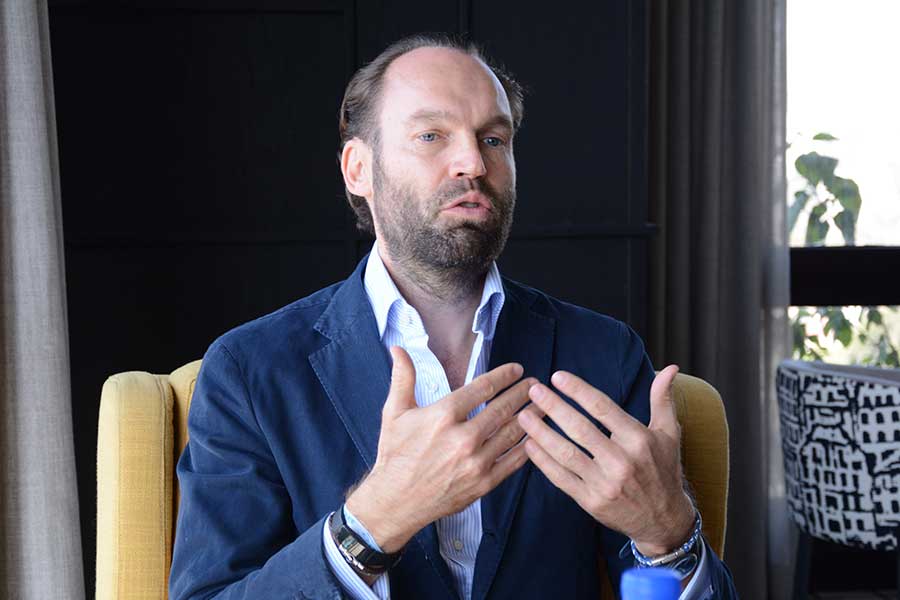
Exclusive Interviews | Dec 12,2020
Jul 25 , 2020
By Christian Tesfaye
In the heart of Piassa stands a statue of a man propped up on a horse. It has been there for close to a century, defiantly, even as the neighbourhood around it underwent a facelift and generations came and went. It was left untouched, but it was more than that. If anything, it has become more imposing and more pertinent, a touchy matter of disagreement in Ethiopia's power politics.
This was because the statue is not just of a man. It is not there for the purposes of aesthetics or because it is a great piece of art. The equestrian statue of Emperor Menelik II is a symbol of power and influence, a reminder of things past and present, a physical token of that which is good and bad about Ethiopia's history.
It is unsurprising then that this statue, a small object as far as structures go, inspires profound emotions between two chief political groups. For one side, it is a reminder of a time and political system they believe has disenfranchised and oppressed them. The fact that it continues to stand, they say, is an endorsement of a system they have fought to change and the Ethiopian state's refusal to credit the prices their ancestors have paid and suffered under.
For the other side, the statue is the symbol of what they believe is the legacy - even if flawed, a legacy nonetheless - of their ancestors. They see in it a civilisation that stood the test of time, stubborn to outside influence and one of the forces (if not a leading one) that secured victory over an invading European force.
Both sides have a point. It is not a debate that will ever be settled by squaring off the pros and cons of Emperor Menelik's II accomplishments on the throne and drawing a net positive or negative to answer whether the statue should be removed or kept.
The debate around statutes is thus not entirely about historical facts – politics does not afford this privilege. It is really about what people living in the present time want. And this requires us to consider two factors. The first is the right to self-determination, and the other is the status of Addis Abeba.
"All peoples have the right of self-determination," says the International Covenant on Civil & Political Rights. "By virtue of that right they freely determine their political status and freely pursue their economic, social and cultural development."
This is one of the fundamental foundations of Ethiopia's Constitution, and it gives succour to the idea that any socio-cultural group has the right "to express, to develop and to promote its culture; and to preserve its history."
It does not say anything about that piece of history being factual or acceptable by other groups. If the socio-cultural group wills it, they should have it their way.
The protection of this right is the primary function of Ethiopia's federal system. The vertical separation of powers is critical to maintaining the rights of the countries' diverse groups. Residents of Addis Abeba deserve and have this "full measure of self-government," as the Constitution states.
It is only natural then that they are given the privilege to determine whether or not they can keep the equestrian statue of Emperor Menelik II, and other monuments and historical structures they believe are essential to express their culture and history.
But the matter is not as easy as this. The law alone does not ensure justice. It is rarely as interested in the historical, socio-economic and political dynamics of societies. It is only useful for judging the rightness of an immediate outcome – say, a man stealing jewellery – and indifferent to the conditions that led to it - the economic circumstances of the jewel thief. Society should not act in a similar fashion.
What this entails is that what works for Harer and Arsi cannot merely be applied to Addis Abeba, the nation's seat of power. The circumstances are different. The city's political and economic importance to the nation puts more burden on its shoulders to pay greater heed to the hopes, aspirations and political causes of the citizens outside of its immediate administrative demarcation. The same should hold true for cities that serve as centres of power of each regional state.
Notable about Addis Abeba is that it has been one of the chief - if not the biggest - beneficiary of the founding of the modern Ethiopian state by virtue of being the seat of power. Nothing else explains why the city had the first infrastructure for electricity and telephone, and why the nation's first and for a long time only railway connected Djibouti to Addis Abeba.
Addis Abebans, and the many skilled workers that were attracted enough to make it their residence, contributed greatly to the development of their city. Still, they were helped by being the seat of power of the nation in the making. The growth and development of the city, which significantly echoes that of the country while also being part and parcel of it, was disproportionally felt by various groups.
As Addis Abeba grew, many living in and around it were negatively affected by it. This needs acknowledgement and restitution. The founding of this nation, in many ways reflected by the growth of Addis Abeba, resulted in the marginalisation and disenfranchisement of many citizens. But the various structures depicting historical figures in Addis Abeba tell only one side of this story while remaining largely silent about those that became disenfranchised.
We are, then, overdue for a compromise. It will not be achieved by removing statues, but it can be reached by making the capital more representative of Ethiopia's history. The experiences of groups in this country are diverse - it is incumbent on Addis Abeba to reflect this. It just so happens there are many public spaces in the city hungering for something meaningful to be expressed on them.
PUBLISHED ON
Jul 25,2020 [ VOL
21 , NO
1056]


Exclusive Interviews | Dec 12,2020

Photo Gallery | Apr 26,2019
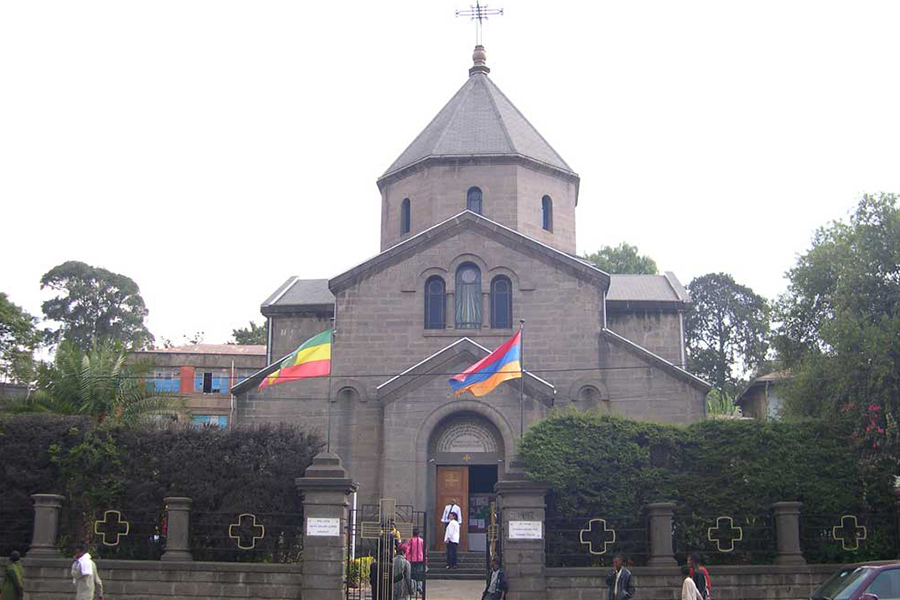
View From Arada | Apr 26,2025
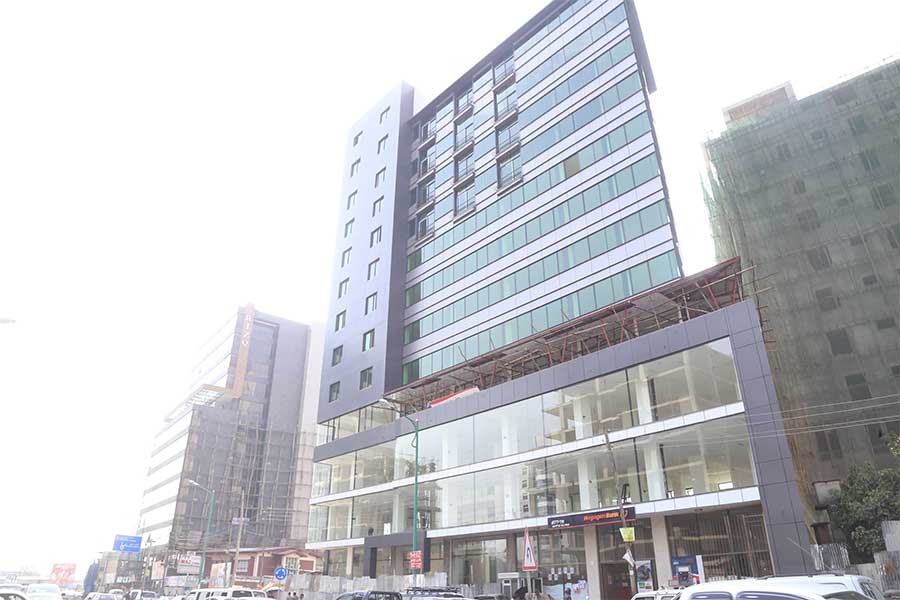
Featured | Jan 05,2020
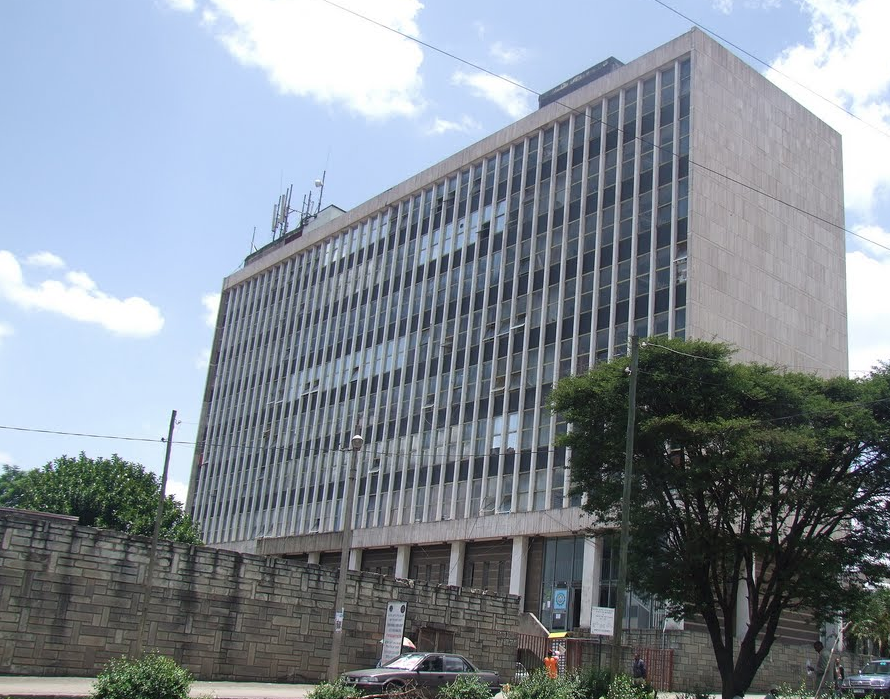
Radar | Feb 24,2024
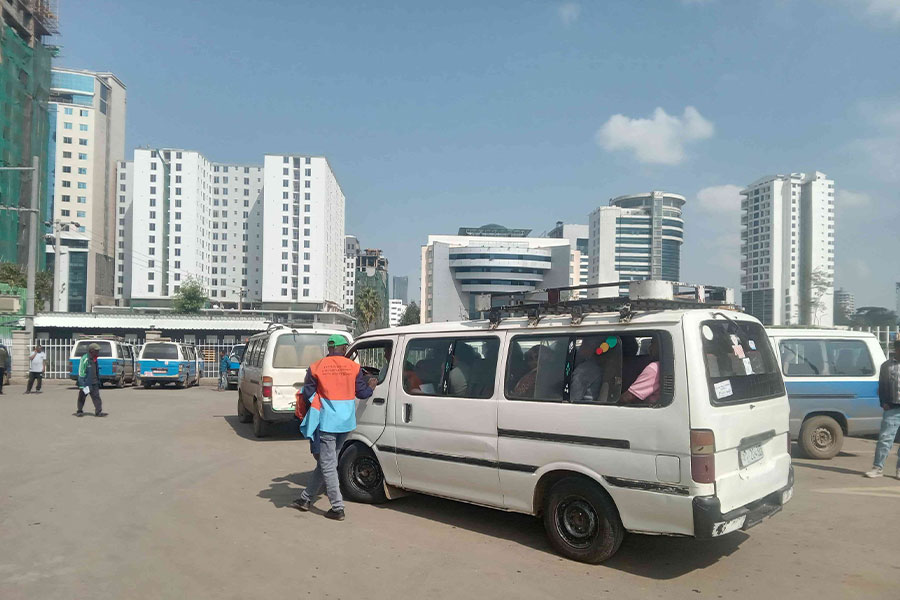
Agenda | Jun 21,2025
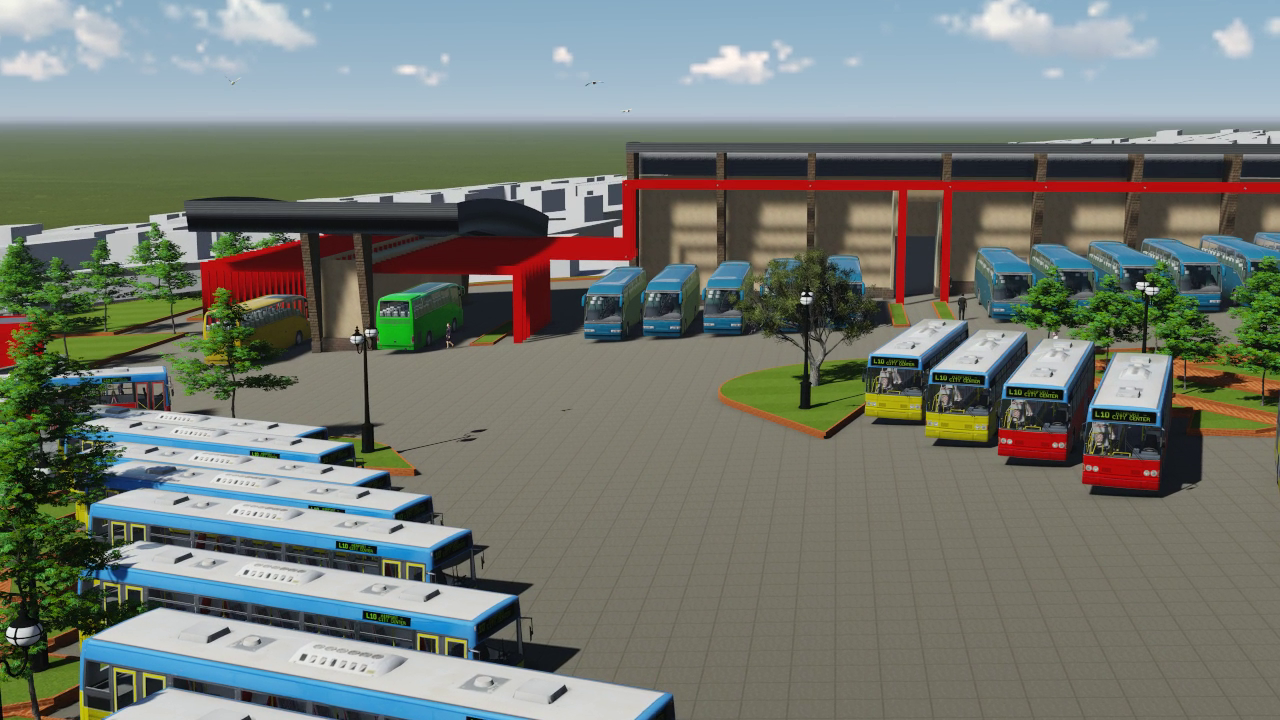
Fortune News | Nov 27,2018
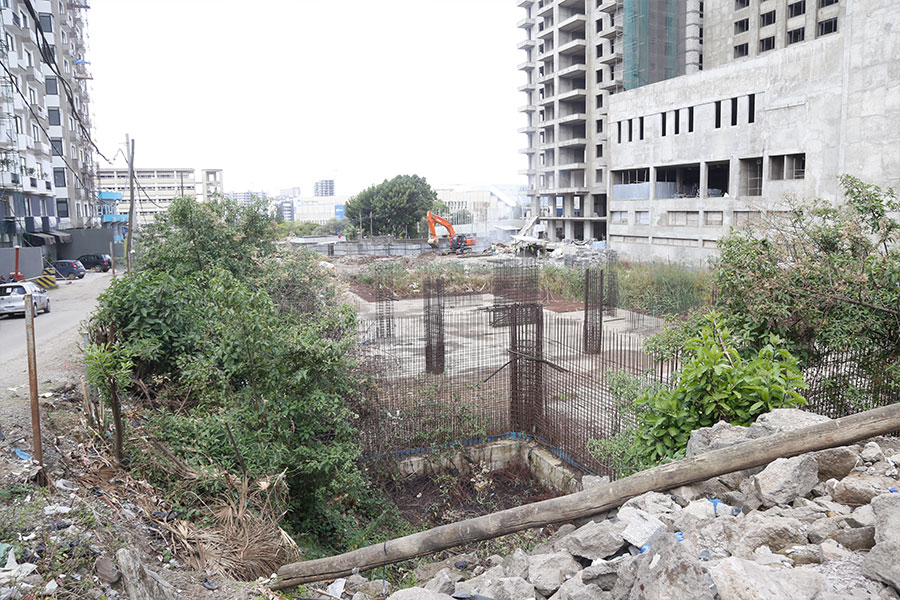
Radar | May 15,2021
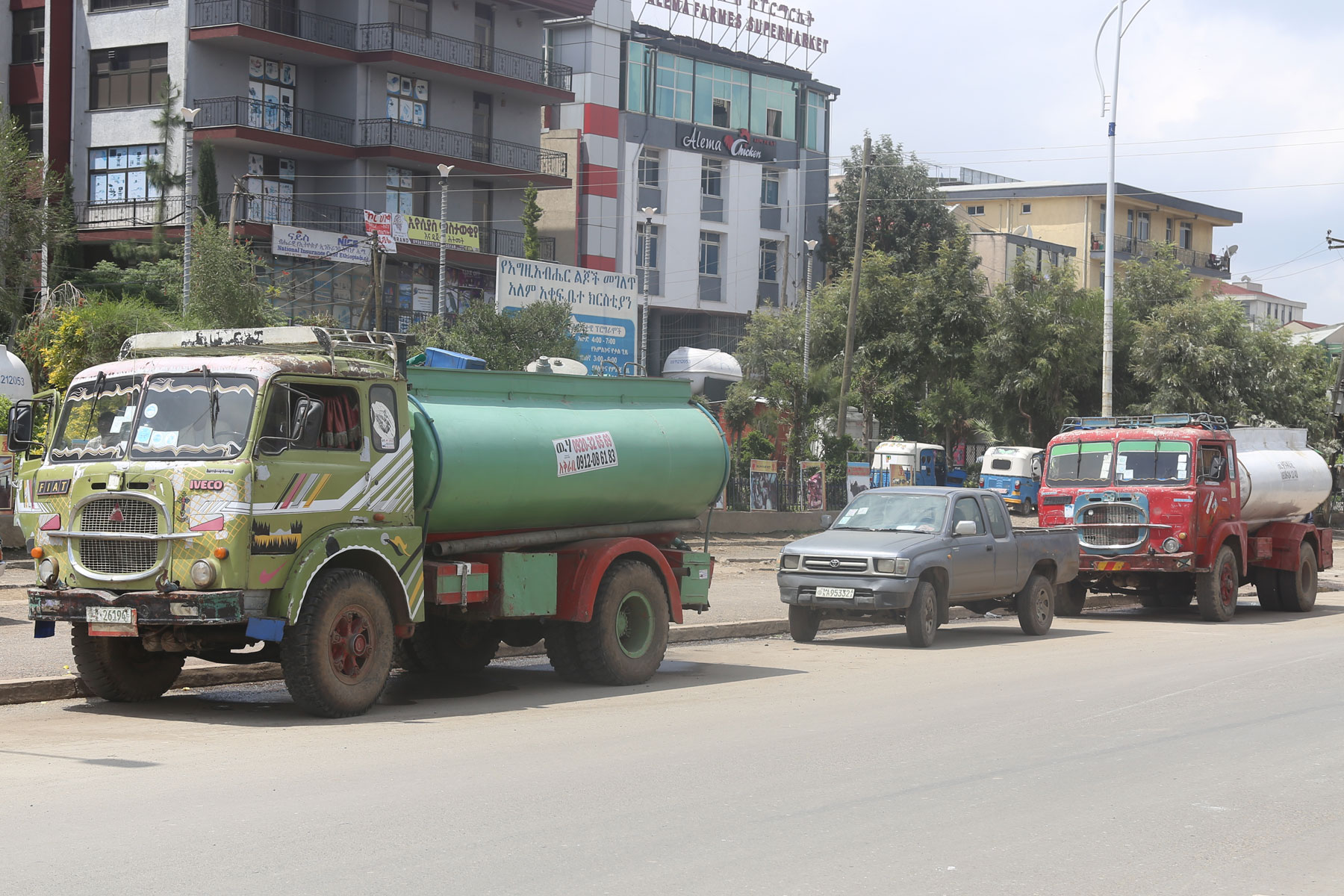
Fortune News | Apr 28,2024
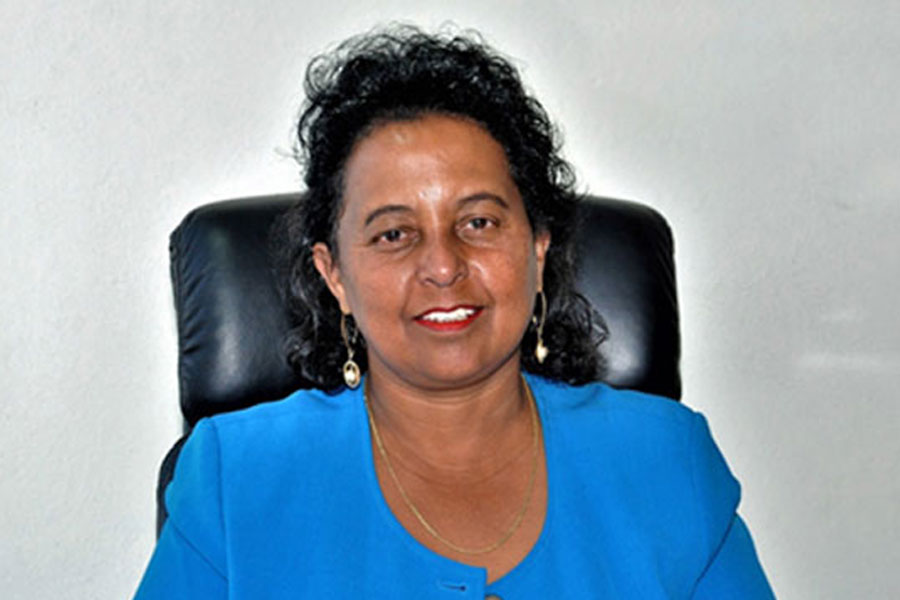
Fortune News | Apr 15,2023

My Opinion | 131497 Views | Aug 14,2021

My Opinion | 127853 Views | Aug 21,2021

My Opinion | 125831 Views | Sep 10,2021

My Opinion | 123461 Views | Aug 07,2021

Dec 22 , 2024 . By TIZITA SHEWAFERAW
Charged with transforming colossal state-owned enterprises into modern and competitiv...

Aug 18 , 2024 . By AKSAH ITALO
Although predictable Yonas Zerihun's job in the ride-hailing service is not immune to...

Jul 28 , 2024 . By TIZITA SHEWAFERAW
Unhabitual, perhaps too many, Samuel Gebreyohannes, 38, used to occasionally enjoy a couple of beers at breakfast. However, he recently swit...

Jul 13 , 2024 . By AKSAH ITALO
Investors who rely on tractors, trucks, and field vehicles for commuting, transporting commodities, and f...

Jun 28 , 2025
Meseret Damtie, the assertive auditor general, has never been shy about naming names...

Jun 21 , 2025
A well-worn adage says, “Budget is not destiny, but it is direction.” Examining t...

Jun 14 , 2025
Yet again, the Horn of Africa is bracing for trouble. A region already frayed by wars...

Jun 7 , 2025
Few promises shine brighter in Addis Abeba than the pledge of a roof for every family...

Jun 29 , 2025
Addis Abeba's first rains have coincided with a sweeping rise in private school tuition, prompting the city's education...

Jun 29 , 2025 . By BEZAWIT HULUAGER
Central Bank Governor Mamo Mihretu claimed a bold reconfiguration of monetary policy...

Jun 29 , 2025 . By BEZAWIT HULUAGER
The federal government is betting on a sweeping overhaul of the driver licensing regi...

Jun 29 , 2025 . By NAHOM AYELE
Gadaa Bank has listed 1.2 million shares on the Ethiopian Securities Exchange (ESX),...